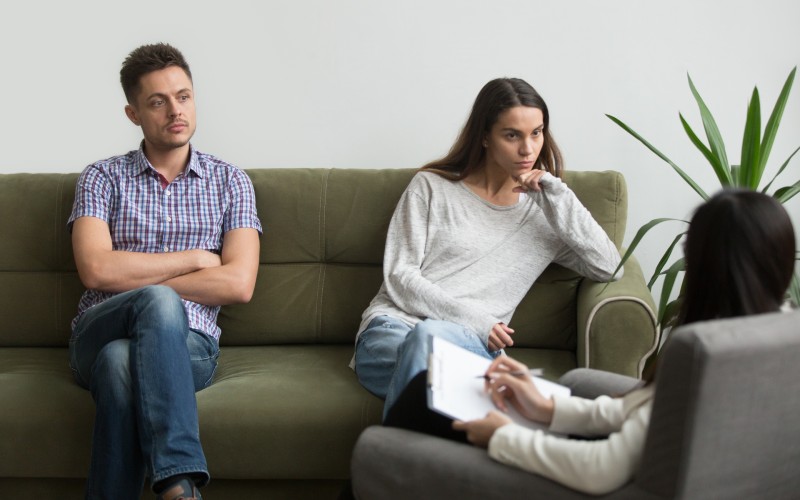
The recent news of Noel and Liam Gallagher of Oasis reconciling has reverberated across not just the music industry but also the hearts of fans worldwide. After years of conflict, the brothers have decided to settle their differences and hit the road together once again.
Like the Gallaghers, many families face their own disputes that can at times feel insurmountable. Whether it's disagreements over financial matters, child contact, or the challenges of divorce, friction among family members can lead to hurt and frustration. Mediation is a collaborative way to work through these difficulties.
What is Mediation ?
As the Gallagher brothers have shown us, it is often only through taking the time to listen to each other that a path to resolution, and ultimately healing, emerges. Mediation is an excellent way of achieving this. It is a voluntary process in which a trained mediator will facilitate and lead discussions, allowing all parties the opportunity to express their views. The mediator does not take sides or make decisions, but will help to steer the conversation in a way that explores potential solutions and fosters mutual understanding.
What are the benefits of Mediation?
Mediation in family law focuses on cooperation, not confrontation. Whereas going to court can be a stressful, intimidating and emotionally draining experience, mediation is designed to empower parties to put across their point of view and come to mutually suitable decisions. Parties themselves are in control and can come to their own tailored outcome, rather than having one imposed upon them by a court.
The agreements reached in mediation can be legally binding when formalised, providing an efficient and cost-effective alternative to drawn out litigation.
How much will Mediation cost?
The cost of family law mediation varies, depending on the number of sessions required to reach an agreement. The costs are typically shared equally between parties.
What are the first steps of Mediation?
A trained mediator will be appointed. This will be one of our specialist Family Law solicitors who has never dealt with either party involved. The mediator will firstly meet with each party individually to explain the process and gather background information. Thereafter, the first joint meeting will be held, where parties can begin to discuss matters to reach a mutually acceptable solution.
Although it may be difficult at first to sit down together in the wake of recent animosity, parties are required to have an open discussion if they want to solve matters without the need to go to court.
Little by Little, through each mediation session, parties can find some common ground and resolve matters in an amicable fashion.
Do you think Mediation could help you?
At Thorntons, we have a number of Family Law Mediation specialists who are ready to help. If you would like to find out more information about mediation, or any other family law matter, please contact us on 03330 430150.

